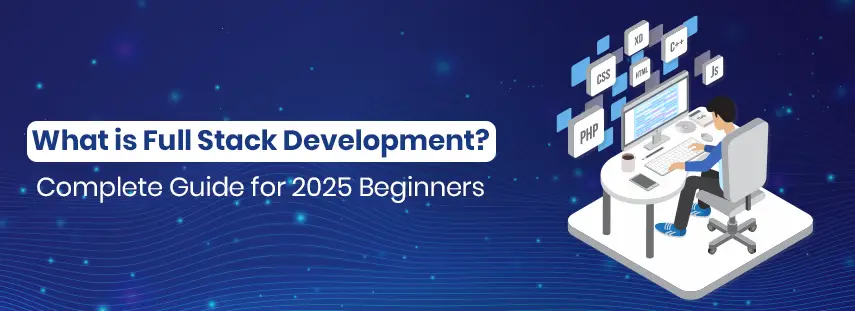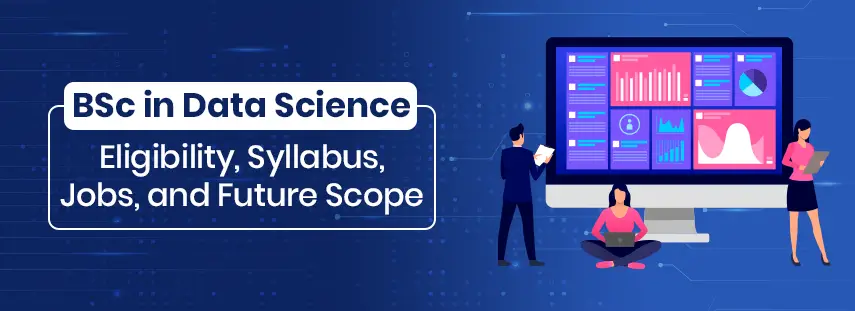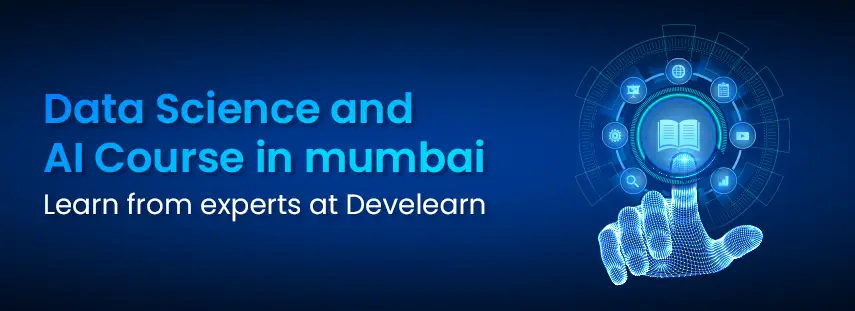Join As Students, Leave As Professionals.
Develearn is the best institute in Mumbai, a perfect place to upgrade your skills and get yourself to the next level. Enroll now, grow with us and get hired.

Data Anlayst Course Fees & Duration in Mumbai
Find out about Data Analyst course fees and duration in Mumbai and which institutes offer the best programs. Get started on your path to becoming a Data Analyst today.
DeveLearn Technologies
30 minutes
January 22, 2024
Loading content...




